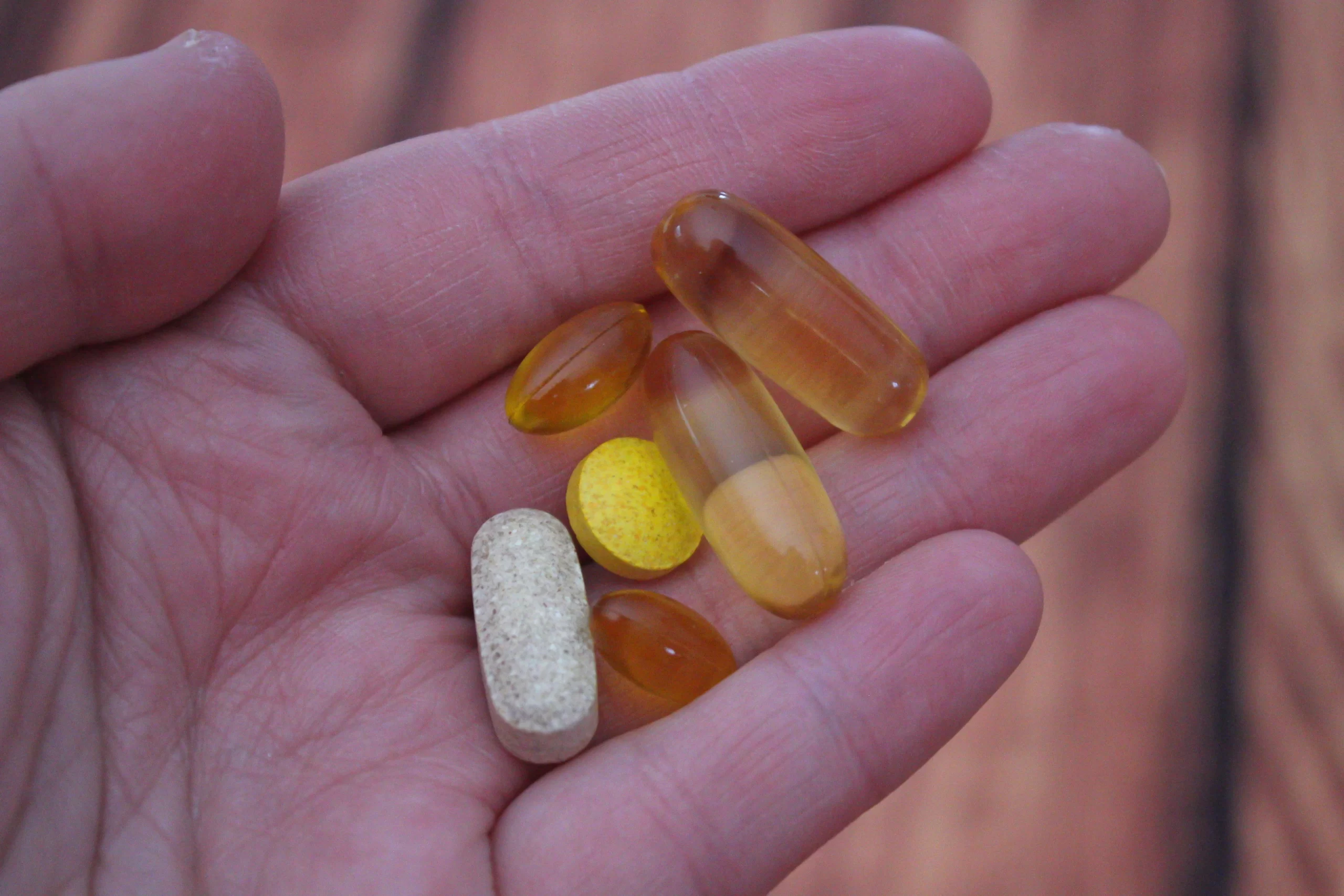Table of Contents
Introduction
Since ancient times, honey has been used for its healing and health properties. In the late 19th century, scientists discovered unique bacteria-killing properties in one variety of honey called Mānuka honey. Native to New Zealand, Mānuka honey has powerful healing properties and an anti-inflammatory action that can help ease pain and inflammation. In this article, we will delve deeper into the compound called methylglyoxal found in Mānuka honey and explain why it is important.
What is Methylglyoxal (MGO)?
Methylglyoxal (MGO) is a unique compound found in Mānuka honey that is responsible for its germ-fighting properties. It occurs naturally in many foods, plants, and animal cells and has been shown to have health benefits. MGO comes from the conversion of a compound called dihydroxyacetone (DHA) found in the nectar of Mānuka flowers. Studies have shown that Mānuka honey contains high levels of DHA, which can be converted into MGO over time. The higher the concentration of Mānuka methylglyoxal, the stronger its germ-killing effect.
The Benefits of Methylglyoxal (MGO) in Mānuka Honey
MGO in Mānuka honey offers several health benefits.
-
Wound Healing: Mānuka honey has been scientifically proven to promote wound healing and tissue regeneration. Studies have shown that applying Mānuka honey to wounds can decrease wound size and reduce stiffness and scarring pain.
-
Digestive Health: Consuming Mānuka honey can help improve digestive symptoms, especially those associated with irritable bowel syndrome (IBS) and ulcerative colitis. Mānuka honey has been shown to attack the cells of bacteria like Clostridium difficile, which causes severe diarrhea and inflammation of the bowel.
-
Skin Health: Mānuka honey has been found to be effective in improving skin health. It can help fight eczema and improve lesions. Additionally, Mānuka honey can treat acne, exfoliate the skin, and lighten hyperpigmentation and scars.
-
Oral Health: Mānuka honey has been shown to have positive effects on oral health. Its bacteria-fighting properties can inhibit the growth of harmful oral bacteria, reducing the risk of conditions like tooth decay and gum inflammation.
-
Sore Throat Relief: Mānuka honey, like other types of honey, is a natural remedy for coughs and sore throats. It forms a soothing film over the throat, reducing irritation and providing relief.
In conclusion, Methylglyoxal (MGO) is a naturally occurring compound found in Mānuka honey that offers numerous health benefits. It has germ-fighting properties, promotes wound healing, improves digestive health, enhances skin health, and contributes to oral health. If you’re looking for top-quality, medical-grade honey, consider trying Mānuka honey with high levels of MGO.
To learn more about Mānuka honey and its benefits, visit https://aboutmanukahoney.com.



